
In the decade and a half since Napster first emerged, forever changing the face of digital culture, the claim that "internet pirates killed the music industry" has become so ubiquitous that it is treated as common knowledge. Piracy is a scourge on legitimate businesses and hard-working artists, we are told, a "cybercrime" simila...
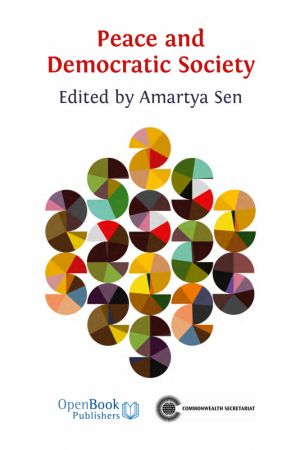
Recent acts of terrorism and the current unrest in the Middle East remind us how important it is to understand the relationship between violence, peace and democracy. In a challenging and insightful essay, Amartya Sen explores ideas around 'organised violence' (such as war, genocide and terrorism) and violence against the individual. High...

Making up Numbers: A History of Invention in Mathematics offers a detailed but accessible account of a wide range of mathematical ideas. Starting with elementary concepts, it leads the reader towards aspects of current mathematical research.
The book explains how conceptual hurdles in the development of numbers and number systems were overcome i...

Small Canadian cities confront serious social issues as a result of the neoliberal economic restructuring practiced by both federal and provincial governments since the 1980s. Drastic spending reductions and ongoing restraint in social assistance, income supports, and the provision of affordable housing, combined with the offloading of social respo...
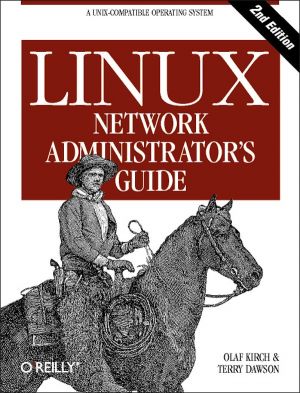
Linux, a Unix-compatible operating system that runs on personal computers and larger servers, is valued above all for its networking strengths. The Linux Network Administrator's Guide spells out all the information needed for joining a network, whether it's a simple UUCP connection or a full LAN with a Linux system serving as a firewall, ...
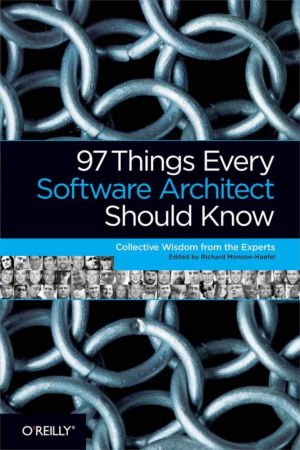
In this truly unique technical book, today's leading software architects present valuable principles on key development issues that go way beyond technology. More than four dozen architects - including Neal Ford, Michael Nygard, and Bill de hOra - offer advice for communicating with stakeholders, eliminating complexity, empowering developers, ...
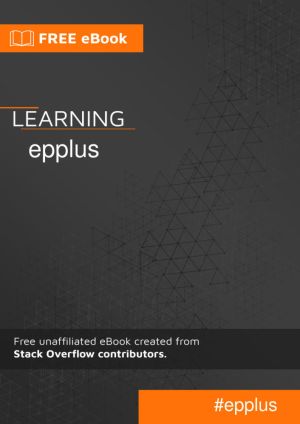
EPPlus is a .NET library that reads and writes Excel files using the Office Open XML format (xlsx). It is an unofficial and free .NET EPPlus book created for educational purposes. All the content is extracted from Stack Overflow Documentation, which is written by many hardworking individuals at Stack Overflow....

This open book focuses on practical clinical problems that are frequently encountered in stroke rehabilitation. Consequences of diseases, e.g. impairments and activity limitations, are addressed in rehabilitation with the overall goal to reduce disability and promote participation. Based on the available best external evidence, clinical pathways ar...

This open book is unique in its contents. No other title in the book market has tackled this important subject. It introduces innovation as a way of practice for world-class universities. It, then, discusses the criteria for being innovative in the academic world. The book selects some of the top innovative world-class universities to study the fac...
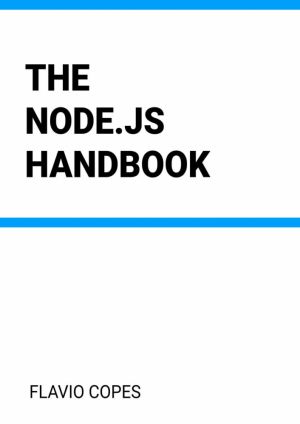
Node.js is built on top of the Google Chrome V8 JavaScript engine, and it's mainly used to create web servers - but it's not limited to that.
The Node.js Handbook follows the 80/20 rule: learn in 20% of the time the 80% of a topic. The author find this approach gives a well-rounded overview....
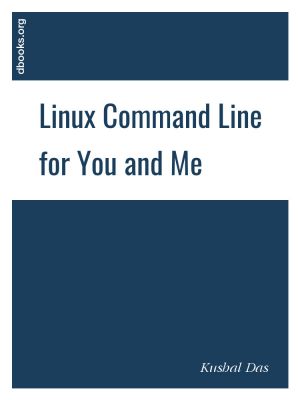
The command line is a text interface for your computer. It's a program that takes in commands, which it passes on to the computer's operating system to run.
Linux command line for you and me is a open book for newcomers to command line environment....
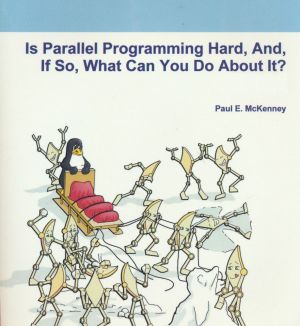
The purpose of this book is to help you program shared-memory parallel systems without risking your sanity. Nevertheless, you should think of the information in this book as a foundation on which to build, rather than as a completed cathedral. Your mission, if you choose to accept, is to help make further progress in the exciting field of parallel ...

Coping is a collection of philosophical essays on how we deal with life's challenges. We hope for better times, but what is hope, and is it a good thing to hope? How do we look back and make sense of our lives in the face of death? What is the nature of love, and how do we deal with its hardships? What makes for a genuine apology, and is there...

Teaching in the University: Learning from Graduate Students and Early Career Faculty provides insight and strategies for successful teaching, advising, and mentoring postsecondary students. In particular, the authors offer support and encouragement for implementing student-centered teaching practices relevant to college classrooms. This book is des...
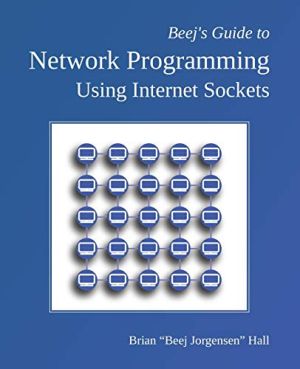
Back in the mid 90s, Beej got tired of all his friends asking him how to do this stuff with networking programming in C, so he put pen to paper on the early World Wide Web and wrote down everything he knew just to get them off his back. Since then, the Guide has expanded significantly, with plenty of examples, and covers IPv6. Inside you'll fi...
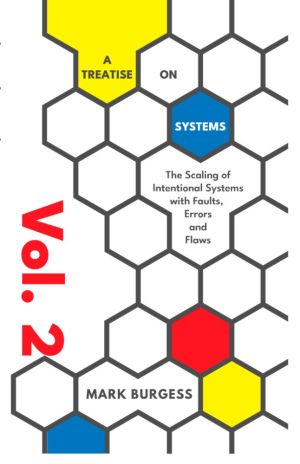
This 2d volume describes the systematic application of Promise Theory to systems, representing a significant step forward in describing functional systems with both dynamics and semantics. By combining quantitative and qualitative descriptions in a single framework, Promise Theory provides the first impartial language for multiscale system phenomen...
